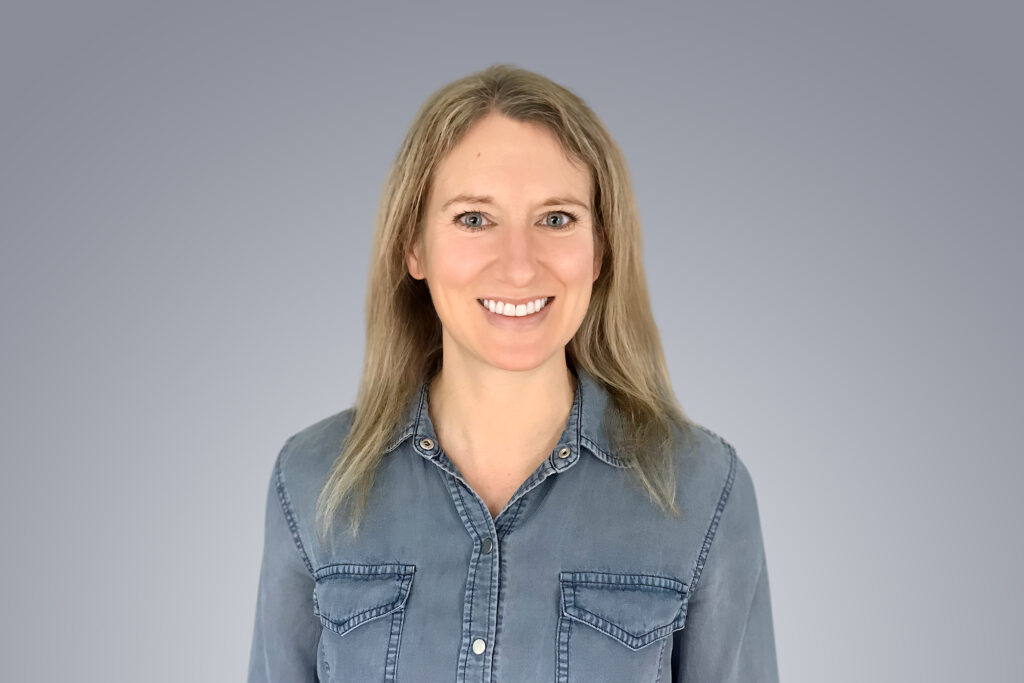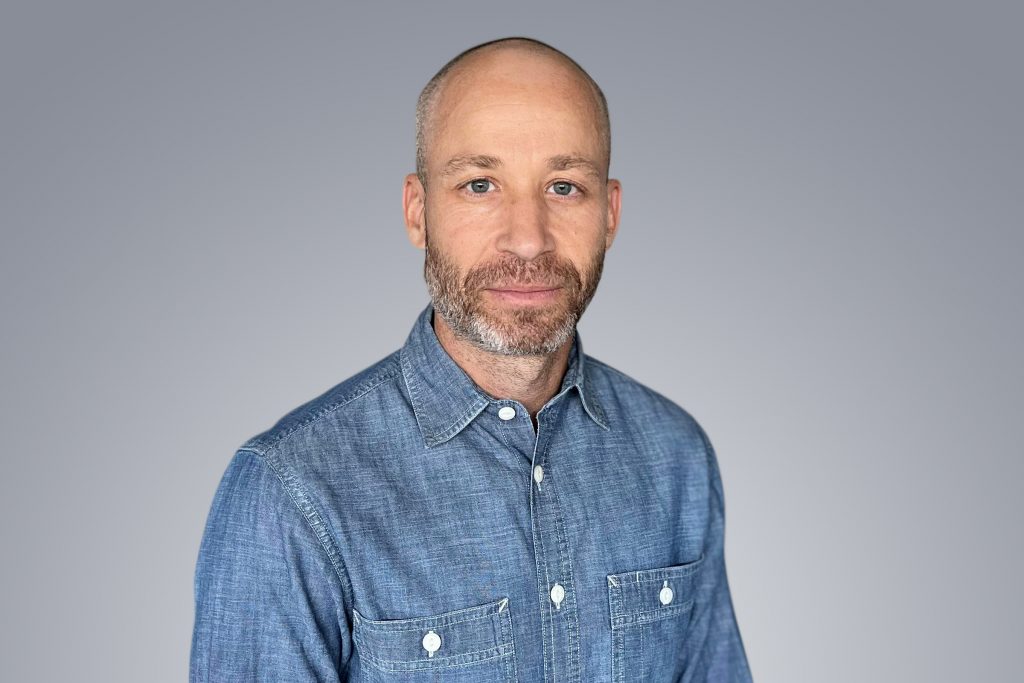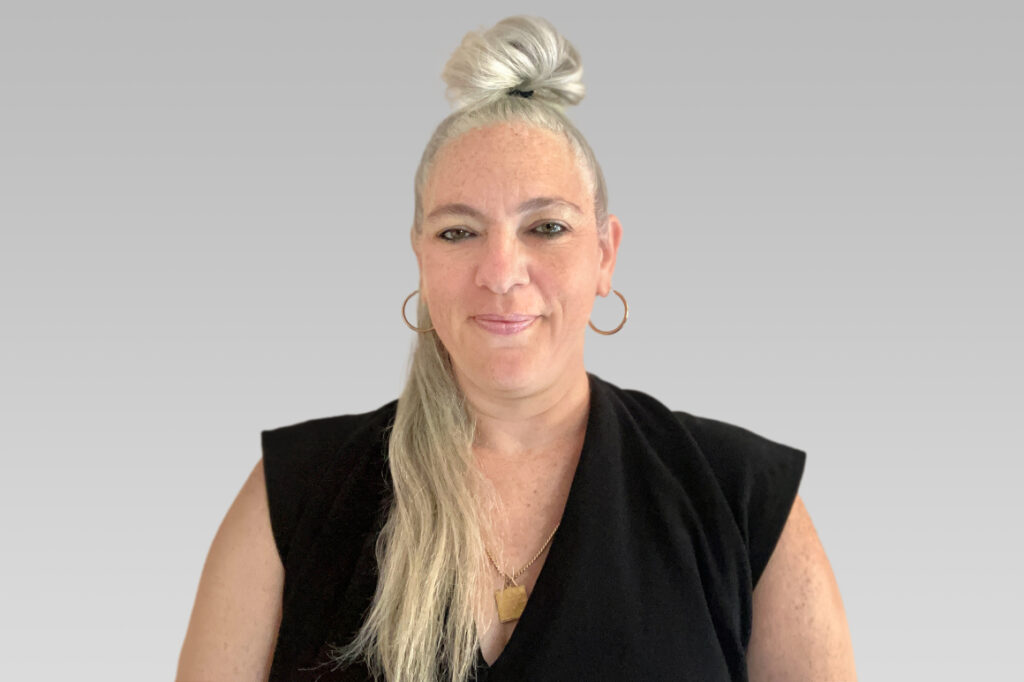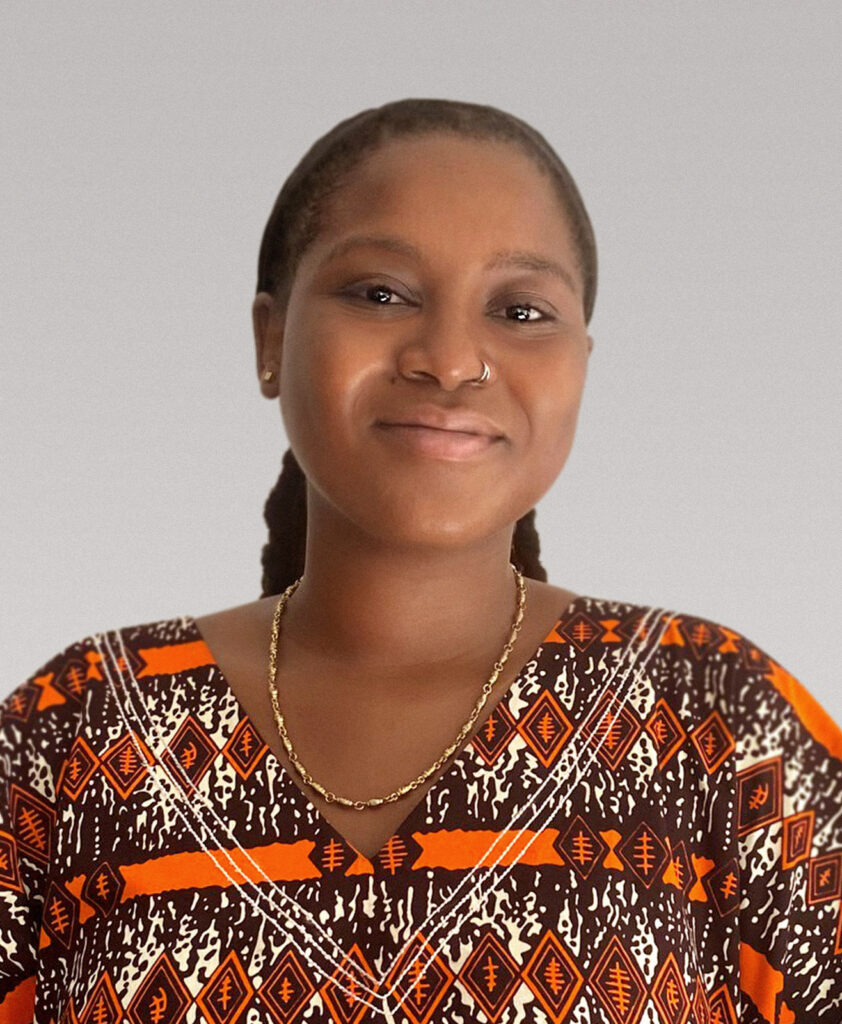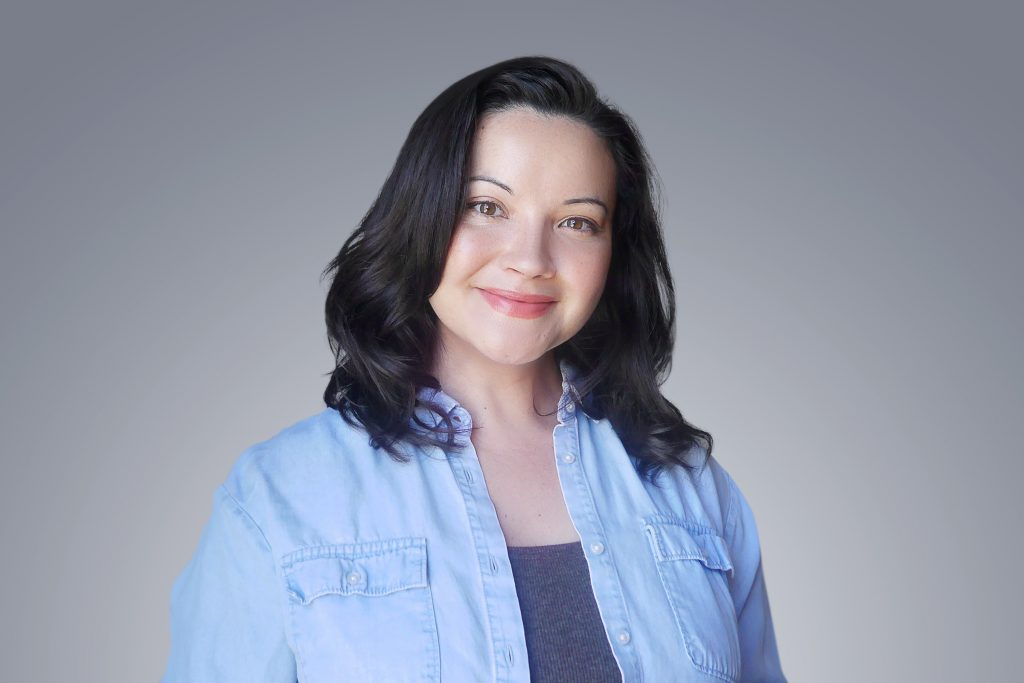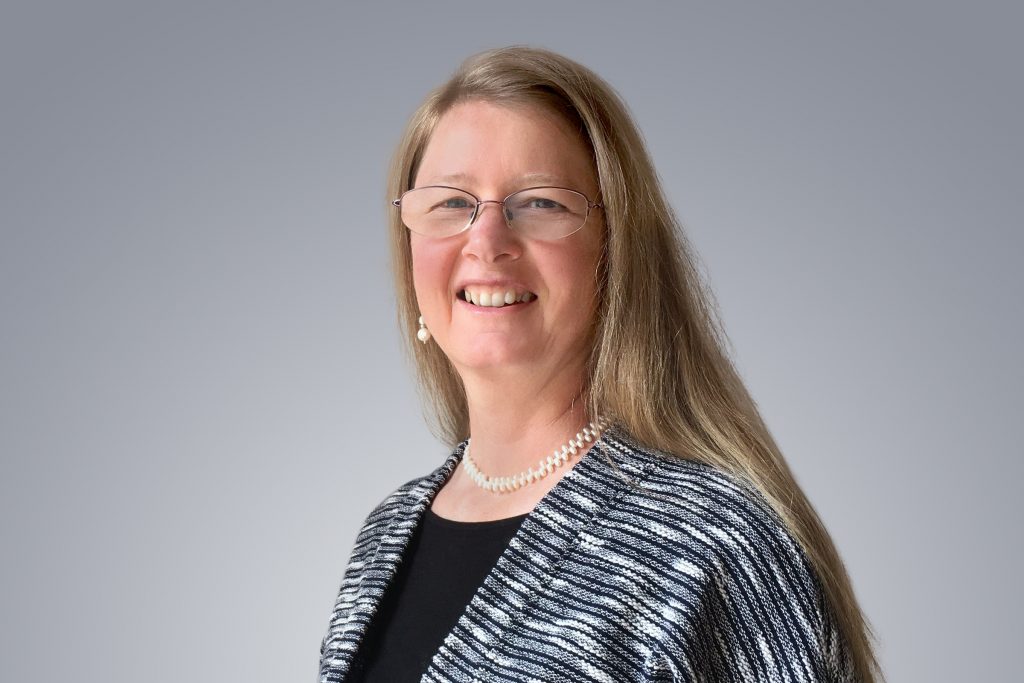About SAPIENS
SAPIENS is a digital magazine about everything human, told through the stories of anthropologists.
In January 2016, we launched SAPIENS with the aim of bringing together the voices of scholars who are eager to share the findings, ideas, and perspectives of anthropology with a broad global readership. As people who study other people, anthropologists look to the past, present, and future to assemble vital observations on what it means to be human. This work matters. Yet all too often their research remains inaccessible to public audiences.
Our purpose is to amplify anthropological insights to make a difference in how people see themselves and those around them. We hope to make people more curious about—and empathetic toward—their fellow humans. We aim to provide critical understandings of how and why humans behave and believe as they do. We want to help address the inequalities, injustices, and harms humans perpetrate against one another and our planet.
Each year, millions of readers come to the free magazine to dig into the wonders and complexities of human biology, culture, history, and language. One day you might learn about Neanderthals who created art or about a tribe in Peru that invented its own sign language. Another day you might question whether humans are naturally generous or read an interview with an anthropologist working to combat anti-Black racism in Brazil. We cover humankind’s labyrinthine relationships with politics, power, food, art, animals, race, nature, sex, sports, violence, technology, morality, and much more.
The SAPIENS team invites you to be part of our community. If you’re a scholar, consider contributing a story. If you are an educator, explore SAPIENS’ teaching units. If you are an avid reader, sign up for our weekly newsletter, subscribe to our podcast, follow our channels on social media, and share our stories with your family and friends.
SAPIENS is a publication of the Wenner-Gren Foundation and published in partnership with the University of Chicago Press, while maintaining unconditional editorial independence.
Vision:
Amplifying anthropological insights to build a more just and sustainable world.
Mission:
Delivering trusted, compelling, and relevant anthropology stories to public audiences.
Commitments:
- Share a broad range of human stories with integrity and clarity
- Bring marginalized voices to the center of conversations
- Treat our community of authors, readers, and story subjects with empathy and respect
- Bridge academic and public spaces
- Help anthropologists become engaging storytellers
- Demonstrate the value of anthropology in the wider world
- Confront what anthropology was, challenge what it is, and dream what it could be
Staff
-
Bridget AlexArchaeology/Biological Anthropology Editor
![A White woman in a blue shirt smiles before the camera.]()
Bridget Alex is an anthropologist and writer living in Somerville, Massachusetts. She earned her Ph.D. in archaeology and human evolutionary biology from Harvard University. Supported by the National Science Foundation, the Fulbright Program, and other awards, her research focused on the spread of Homo sapiens and extinction of other humans, such as Neanderthals, over the past 200,000 years. Prior to joining SAPIENS, Bridget taught anthropology and science communication at the California Institute of Technology, Pasadena City College, and Harvard. Her pop-science stories have appeared in outlets such as Discover, Science, Archaeology, Atlas Obscura, and Smithsonian. Follow her on Twitter @bannelia.
-
Chip ColwellEditor-in-Chief
![A man with a lightly shaven head and gray beard smiles into the camera.]()
Chip Colwell is the founding editor-in-chief of SAPIENS. He received his Ph.D. in anthropology from Indiana University and has held fellowships and grants from the American Academy of Arts & Sciences, National Endowment for the Humanities, National Science Foundation, Rockefeller Foundation, and U.S. Fulbright Program. For 12 years, he was the curator of anthropology at the Denver Museum of Nature & Science. He has published more than 50 peer-reviewed articles and book chapters, and 12 books, many of which have received honors, including the National Council on Public History Book Award and the Gordon R. Willey Prize of the American Anthropological Association. His essays and op-eds have been published in The New York Times, The Atlantic, Foreign Affairs, Atlas Obscura, Aeon, and more. Follow him on Twitter @drchipcolwell.
-
Eshe LewisProject Director
![A woman with short cropped black hair smiles warmly into the camera.]()
Eshe Lewis is the project director for the SAPIENS Public Scholars Training Program. She holds a Ph.D. in cultural anthropology from the University of Florida and has spent the past 10 years working with Afro-descendant peoples in Peru on issues of social movements, women’s issues, Black feminism, and gender violence. Eshe is based in Toronto, Canada.
-
Amanda LichtensteinSenior Managing Editor
![A woman with blond hair smiles warmly.]()
Amanda Leigh Lichtenstein is the senior managing editor at SAPIENS. Before joining the team, Amanda worked with The World, a daily global news radio program, and Global Voices, a digital citizen journalism platform. Her writing has appeared with The World, Global Voices, NPR, Al-Jazeera, CNN, Tasting Table, Selamta, Hemispheres, The Poetry Foundation, AramcoWorld, CNN: Parts Unknown, Hypertext, Proximity, and Fortunate Traveller, among other outlets. Her work in arts, education, and cultural development includes projects with the European Union, Busara Promotions, and the Chicago Humanities Festival, among others. Amanda received her bachelor’s degree in English from Kalamazoo College and her master’s degree in arts in education from the Harvard Graduate School of Education. After a decade in East Africa, Amanda is based in Skokie, Illinois, where she serves as a board trustee with the Skokie Public Library.
-
Alma SimbaPoet-in-Residence
![A black woman is wearing a patterned top with earth tones and a pleasant smile. Her hair is styled in braids and she has a nose ring as well as a necklace. The image conveys a sense of confidence and approachability.]()
Alma Simba is a poet, historian, and writer based in Dar es Salaam, Tanzania. She is interested in the power of words in capturing the complexity of the human experience. At the same time, her work is also interested in moments where words are insufficient, particularly in instances of trauma, grief, and systemic erasure. Alma has an M.A. in history from the University of Dar es Salaam. Her areas of interest include histories of marginalized identities, heritage, memory, and Oral Traditions. Alma was a 2022 Sensitive Provenances Research Fellow at the University of Göttingen, where she engaged with ancestral human remains from Tanzania. Her writing has appeared in The Floor, SAPIENS, Myopia, and The Clare Market Review.
-
Emily SekineAssistant Managing Editor and Socio-Cultural/Linguistics Editor
![A woman with shoulder length black hair smiles warmly into the camera.]()
Emily Sekine is an editor and a writer with a Ph.D. in anthropology from The New School for Social Research. Prior to joining the team at SAPIENS, she worked with academic authors to craft journal articles and book manuscripts as the founder of Bird’s-Eye View Scholarly Editing. Her anthropological research and writing explore the relationships between people and nature, especially in the context of the seismic and volcanic landscapes of Japan. Emily’s work has been supported by the Wenner-Gren Foundation, the National Science Foundation, and the Society of Environmental Journalists, among others, and her essays have appeared in publications such as Orion magazine, the Anthropocene Curriculum, and Anthropology News.
-
Christine WeeberCopy Editor and Poetry Editor
![A woman with blond hair and glasses smiles warmly into the camera.]()
Christine Weeber is the copy editor/sub-editor and poetry editor at SAPIENS. She earned an M.A. in cultural anthropology and a graduate certificate in women’s studies from Colorado State University in 2005. From 2009–2017, she served as the editorial manager of Museum Anthropology. Prior to working at SAPIENS, she ran Stonefly Editorial Services, a freelance writing and editing business. Christine’s poetry chapbooks are In the Understory of Her Being and Sastrugi. You can also find her creative work in The Fourth River, the Kyoto Journal, the Wild Roof Journal, Solo: On Her Own Adventure, and other publications. Follow her on Mastodon @christineweeber@mastodon.world.
Advisory Board, 2021–2024
-
Isabella AlexanderEmory University
-
Emma Louise BackeGeorge Washington University
-
Leo CouacaudIndependent Scholar
-
Sonia N. DasNew York University
-
Steffan Igor Ayora DiazUniversidad Autónoma de Yucatán
-
Justin DunnavantUniversity of California, Los Angeles
-
Ayana Omilade FlewellenUniversity of California, Santa Cruz
-
Sara L. GonzalezUniversity of Washington
-
Jeffrey HoelleUniversity of California, Santa Barbara
-
Fred Nyongesa IkandaMaseno University
-
Junko KitanakaKeio University
-
Jason De LeónUniversity of California, Los Angeles
-
Wendy GunnMonash University
-
Ora Marek-MartinezNorthern Arizona University
-
Josep MartíInstitució Milà i Fontanals (CSIC), Barcelona
-
Chandana MathurNational University of Ireland, Maynooth
-
Nilika MehrotraJawaharlal Nehru University
-
Lindsay M. MontgomeryUniversity of Toronto
-
Eduardo G. NevesUniversity of São Paulo
-
April NowellUniversity of Victoria
-
Briana PobinerNational Museum of Natural History
-
Egle RindzeviciuteKingston University London
-
Martin SchultzAcequia Madre House
-
Adam T. SmithCornell University
-
Veronica StrangDurham University
-
Yeon Jung YuWestern Washington University
Contact
For general inquiries, social media, publicity, feedback, and corrections, please contact Dr. Chip Colwell, editor-in-chief, editor•sapiens.org
Wenner-Gren Foundation
655 Third Avenue
23rd Floor
New York, NY, 10017 USA
